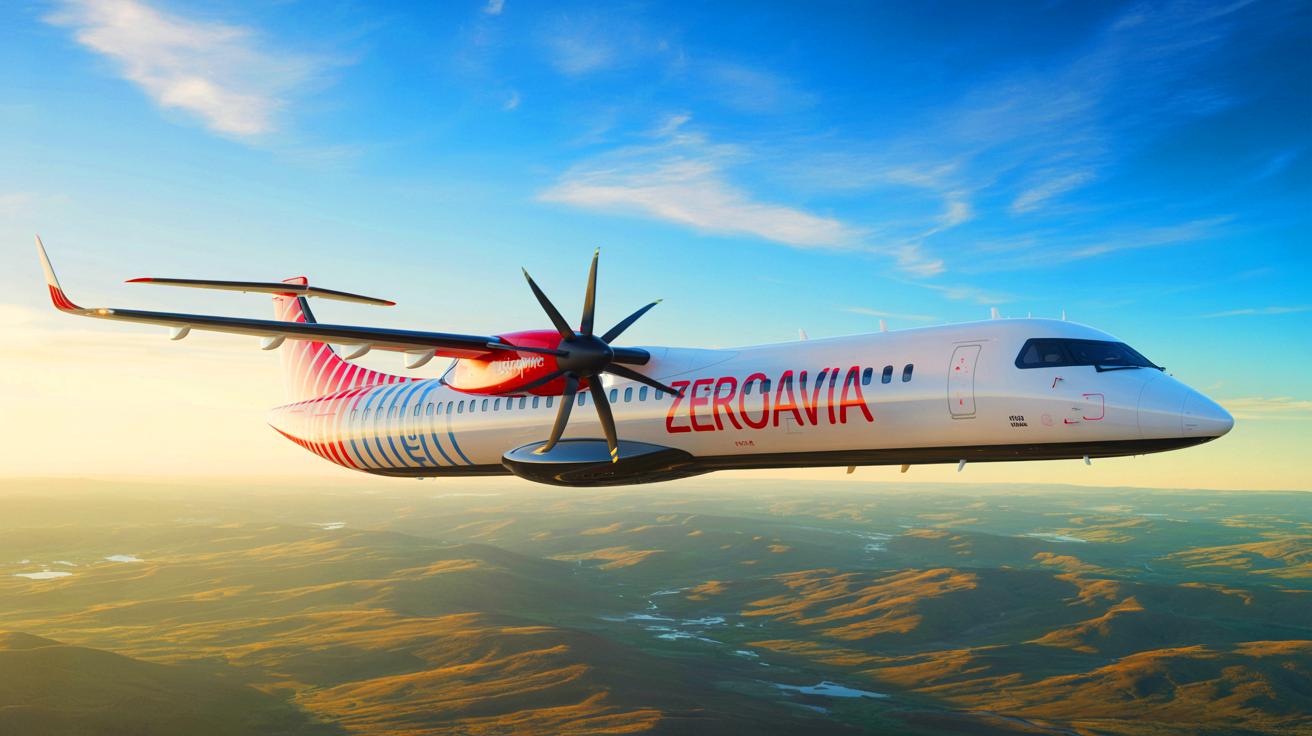LoganAir and ZeroAvia Pioneering Sustainable Aviation with Hydrogen-Electric Technology
Key Ideas
- LoganAir partners with ZeroAvia to introduce hydrogen-electric engines, aiming for zero emissions and sustainable air travel.
- ZeroAvia's hydrogen fuel cells in the Cessna Caravan show potential for efficient, eco-friendly regional flights.
- The strategic choice of the Cessna Caravan as the initial airframe highlights confidence in ZeroAvia's technology.
- Hydrogen fuel cells offer a promising alternative for smaller aircraft, reducing maintenance costs and environmental impact.
Scotland's LoganAir is teaming up with ZeroAvia to lead the way in sustainable aviation by integrating hydrogen-electric engines into their fleet. This partnership, announced at the Paris Air Show, signals a significant shift towards eco-friendly air travel. ZeroAvia's innovative hydrogen fuel cell technology ensures zero emissions during flights, with water being the only byproduct. The collaboration aims to retrofit LoganAir's aircraft with ZeroAvia's engines, starting with the Cessna Caravan. ZeroAvia's choice of the Cessna Caravan as a testbed reflects their confidence in the technology. Despite the higher cost of hydrogen fuel, its efficiency and potential for reduced maintenance costs make it a promising option for smaller aircraft. This move towards hydrogen fuel cells aligns with global efforts to combat climate change and sets a standard for sustainable aviation. LoganAir's proactive approach positions them as leaders in green aviation and may encourage other airlines to follow suit in embracing zero-emission flights. The partnership between LoganAir and ZeroAvia represents a crucial step towards a more sustainable aviation industry, with the potential to reshape the future of air travel by reducing carbon footprints and embracing innovative technologies.
Topics
Fuel Cells
Innovation
Green Technology
Partnership
Zero Emissions
Sustainable Aviation
Carbon Footprint
Industry Shift
Future Of Aviation
Latest News
